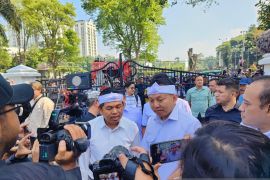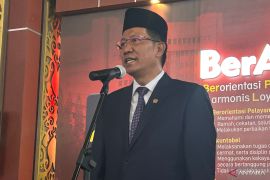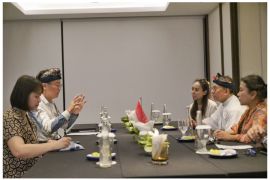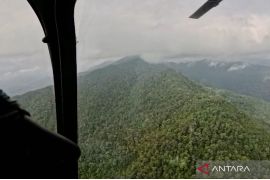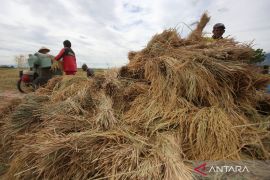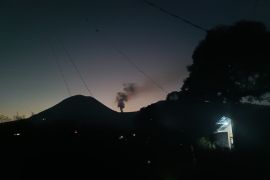"The UNESCO has declared the Wakatobi national park, which covers an area of 1.3 million hectares, to be a world biosphere reserve, along with 12 other biosphere reserves in the world," Wakatobi Regent Hugua said here on Thursday.
According to Hugua, the decision to make Wakatobi a world biosphere reserve was reached at the 18th meeting of International Advisory Committee for UNESCO MAB Biosphere Reserve Program in Paris during April 2-4, 2012.
"At the meeting 26 areas were considered for world biosphere reserve status, but only 13 were approved, including Wakatobi. Five areas were given conditions and five other regions were declined," he explained.
Hugua said, with Wakatobi becoming a world biosphere reserve in July 2012, Indonesia would have eight areas with the same status.
He explained UNESCO wanted to protect three interests while establishing the Wakatobi National Park as a centre of the world biosphere reserve: local knowledge, environmental sustainability, and sustainable economic interests of the local society.
"Local knowledge is related to the cultural traditions of communities," Hugua said.
Environmental sustainability needs to be protected because waters of the Wakatobi National Park feature a diversity of coral reefs and marine life, which is comparatively higher than other regions in the world.
"The Wakatobi waters boast 750 species of coral reefs, out of a total of 850 species worldwide. Even the Caribbean Sea, which is very popular among tourists, especially divers, has only 50 species of coral, while the Red Sea has 300 species," Hugua noted.
"With regard to economic interests of the local society, people in the Wakatobi should be able to exploit the potential of existing natural resources in a sustainable manner without disturbing the environmental balance," he added.
"These are the three reasons why UNESCO made the Wakatobi Marine National Park a biosphere reserve centre of the world," Hugua said.(*)
Editor: Heru Purwanto
Copyright © ANTARA 2012

